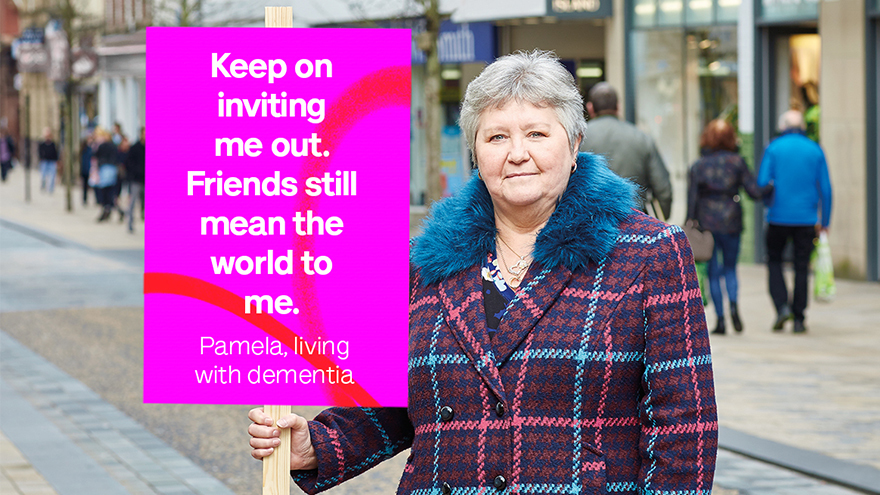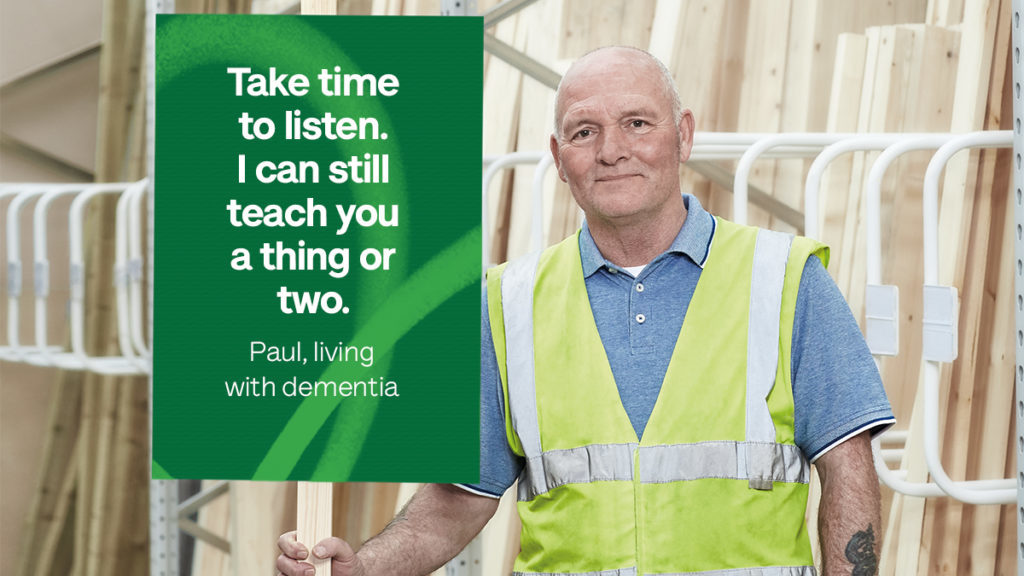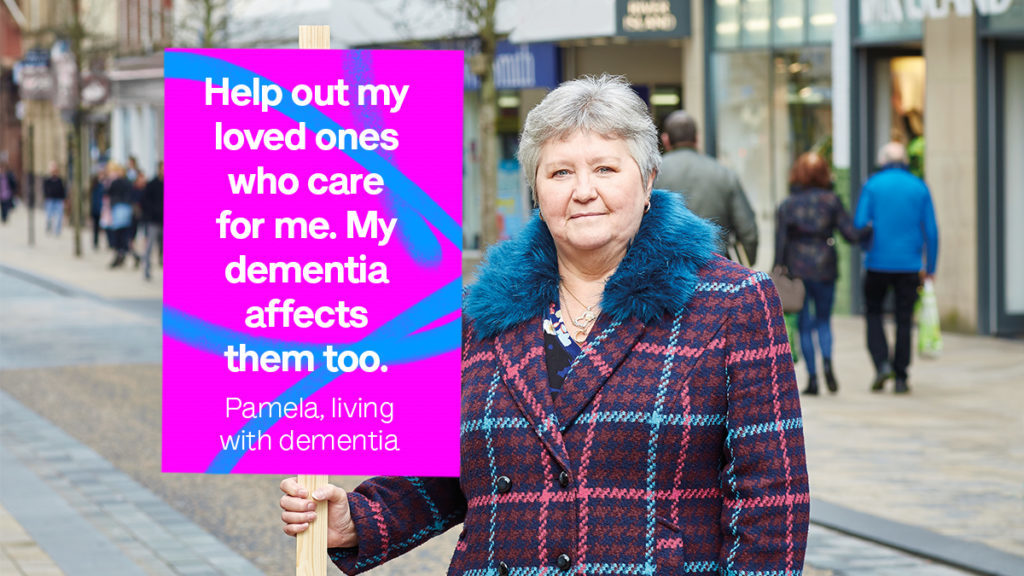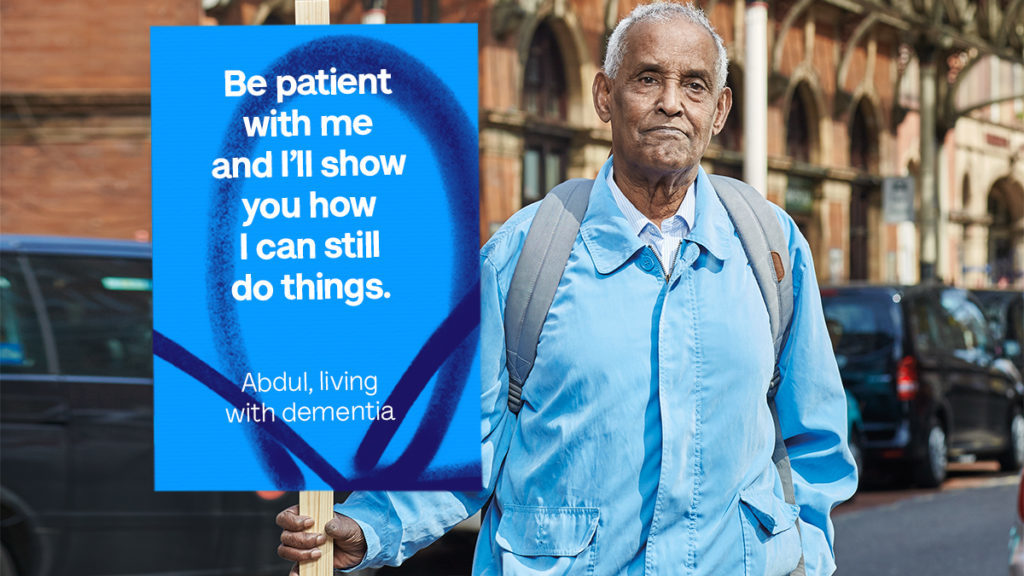4 Myths About Dementia That Are Wrong

In the UK, one person develops dementia every three minutes and almost everyone knows someone whose life has been affected – yet currently too many are facing the condition alone.
Often, this is due to a lack of understanding or confidence in how to help a person living with dementia fuelled by a number of common misconceptions about the condition.
This week marks Dementia Action Week ( May 21 – 27) and Alzheimer’s Society is determined to change this misunderstanding by urging everyone to take actions, big or small, to improve the everyday lives of people affected by dementia.
From continuing to invite people with dementia out, to making sure you listen and include them in conversations – everyone has a part to play in making the UK dementia-friendly – which will help people with dementia to feel included in their communities and able to live the lives they want.
So whether you know someone who has been living with dementia for years, someone recently diagnosed or would just like to be better equipped in day to day life, we’ve tackled four common myths surrounding dementia:
1 Dementia is a natural part of growing old
As we age our memory can become troublesome – we’ve all been in a situation where we’ve forgotten a name or face and hoped that the person in question won’t realise – but dementia is something else entirely.
Not many people realise that in the UK there are currently 40,000 people under the age of 65 with dementia. Dementia doesn’t care how old you are. It’s caused by diseases of the brain so it’s not a natural part of growing old.
2 People with dementia can’t live well
A dementia diagnosis doesn’t mean an end to a life you love. People with dementia can and do continue to live well and take part in the things they enjoy – whether that be working, going to the shops or visiting friends and family.
Whilst having dementia will gradually affect a person’s day-to-day life, keeping active and adapting tasks into more manageable, easy steps can help the person to remain independent for as long as possible.
3 Alzheimer’s disease and dementia are the same
Dementia refers to a set of symptoms, triggered by diseases of the brain, which may cause memory loss, difficulties with problem solving, thinking or language. These changes are often small to begin with but gradually become more severe.
Alzheimer’s disease is the most common type of dementia and it currently affects 62 per cent of those diagnosed.
4 When a person with dementia makes a mistake you should correct them
Dementia affects a person’s memory, as well as their ability to think clearly and communicate, so it is common for people with dementia to make mistakes. Sometimes their reality may be different to the one we are experiencing. For example, they may believe that a loved one who passed away several years ago is still alive, or that they are still working when they have been retired for many years.
When caring for or supporting a person with dementia it may seem natural to correct such mistakes, but sometimes by doing so we can end up causing more distress and confusion.
Try instead to remain patient, calm, and polite – it’s important that people with dementia feel listened to and understood.
To get involved this Dementia Action Week and unite against dementia, visit alzheimers.org.uk/DAW







